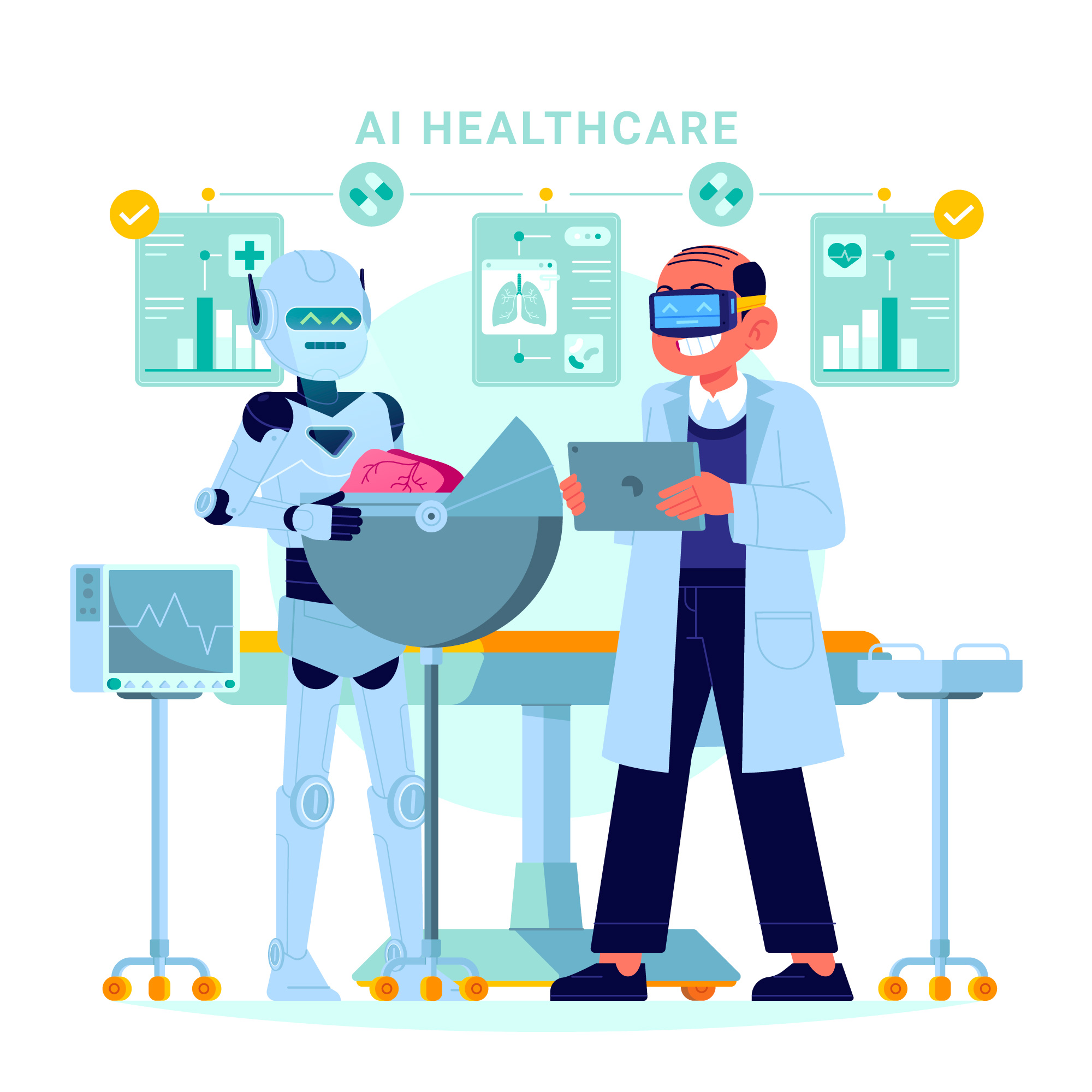The Role of Product Engineering Services in Establishing Medical Device Global Capability Centers

Introduction
The healthcare industry is undergoing a major transformation with the increasing adoption of digital technologies. One of the key drivers of this change is the development of Global Capability Centers (GCCs) for medical devices. These centers serve as innovation hubs, allowing companies to streamline medical device software development and improve product quality.
Healthcare software product engineering plays a pivotal role in establishing and scaling these GCCs. By leveraging cutting-edge technologies, companies can enhance product design, ensure compliance with regulatory standards, and accelerate time-to-market. In this blog, we will explore how product engineering services contribute to the successful establishment of GCCs in the medical device industry.
What Are Global Capability Centers (GCCs)?
GCCs are centralized units that provide specialized services, including research and development (R&D), software development, testing, and regulatory compliance. These centers help medical device manufacturers reduce operational costs, improve efficiency, and maintain high standards of innovation.
Key functions of GCCs include:
Medical device software development and testing
Regulatory compliance and documentation
R&D for new product development
Integration of emerging technologies like AI and IoT
Product lifecycle management
The Role of Healthcare Software Product Engineering in GCCs
1. Accelerating Innovation Through Agile Development
Medical device software requires rapid innovation to keep up with changing regulations and market demands. Product engineering services follow agile methodologies to enhance software design, testing, and deployment, enabling faster time-to-market.
2. Ensuring Compliance with Global Regulatory Standards
GCCs must adhere to various international regulations, such as FDA (U.S.), MDR (Europe), and ISO 13485. Product engineering teams ensure compliance by integrating regulatory requirements into the software development lifecycle, reducing risks of non-compliance.
3. Enhancing Security and Data Privacy
With the rise of connected medical devices, cybersecurity has become a major concern. Healthcare software product engineering focuses on implementing HIPAA, GDPR, and other security protocols to protect patient data and prevent cyber threats.
4. Integration of AI and IoT in Medical Devices
GCCs are increasingly leveraging artificial intelligence (AI) and the Internet of Things (IoT) to develop smart medical devices. AI-powered diagnostics, remote monitoring, and predictive analytics help improve patient care and operational efficiency.
5. Cloud-Based Solutions for Scalability
Modern medical device software development relies on cloud computing to enable remote monitoring, telemedicine applications, and seamless data exchange. Cloud-based architectures improve scalability and allow GCCs to expand their global operations.
Benefits of Establishing GCCs for Medical Device Development
Cost Efficiency – Reduces operational costs through centralized product engineering and software development.
Faster Innovation Cycles – Enhances R&D capabilities and speeds up medical device software updates.
Regulatory Readiness – Ensures that medical devices meet global compliance standards from the initial design phase.
Enhanced Collaboration – Enables cross-functional teams to work seamlessly across geographies.
Improved Patient Outcomes – Develops high-quality medical devices that improve healthcare delivery and patient care.
Conclusion
The establishment of Global Capability Centers (GCCs) is revolutionizing the medical device industry, enabling companies to enhance healthcare software product engineering and drive medical device software development. These centers facilitate rapid innovation, regulatory compliance, and integration of advanced technologies like AI and IoT. By leveraging product engineering services, organizations can optimize their medical device development processes and contribute to improved patient care worldwide.
As healthcare continues to embrace digital transformation, GCCs will remain at the forefront of medical device innovation, shaping the future of healthcare technology.
Note: IndiBlogHub features both user-submitted and editorial content. We do not verify third-party contributions. Read our Disclaimer and Privacy Policyfor details.







